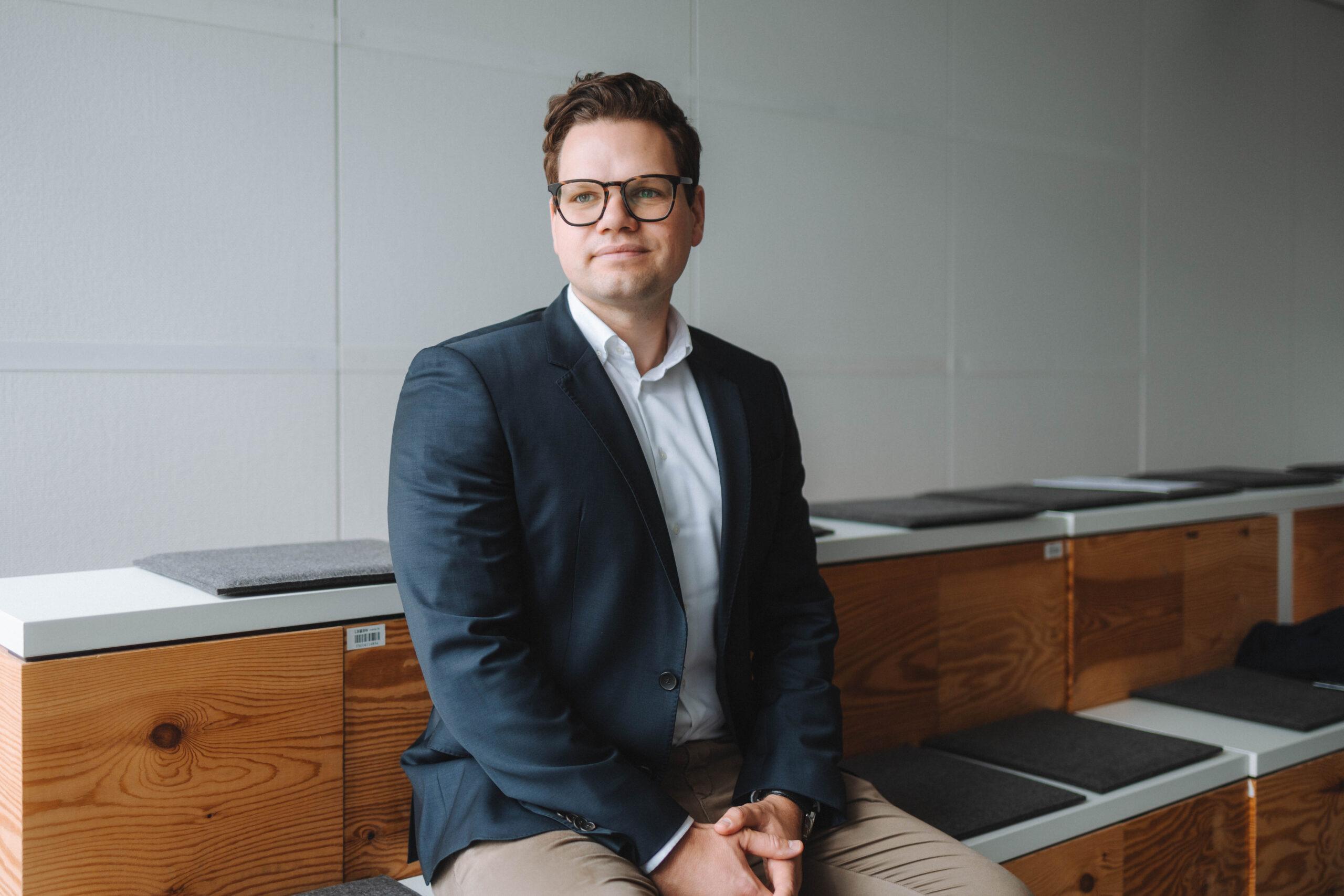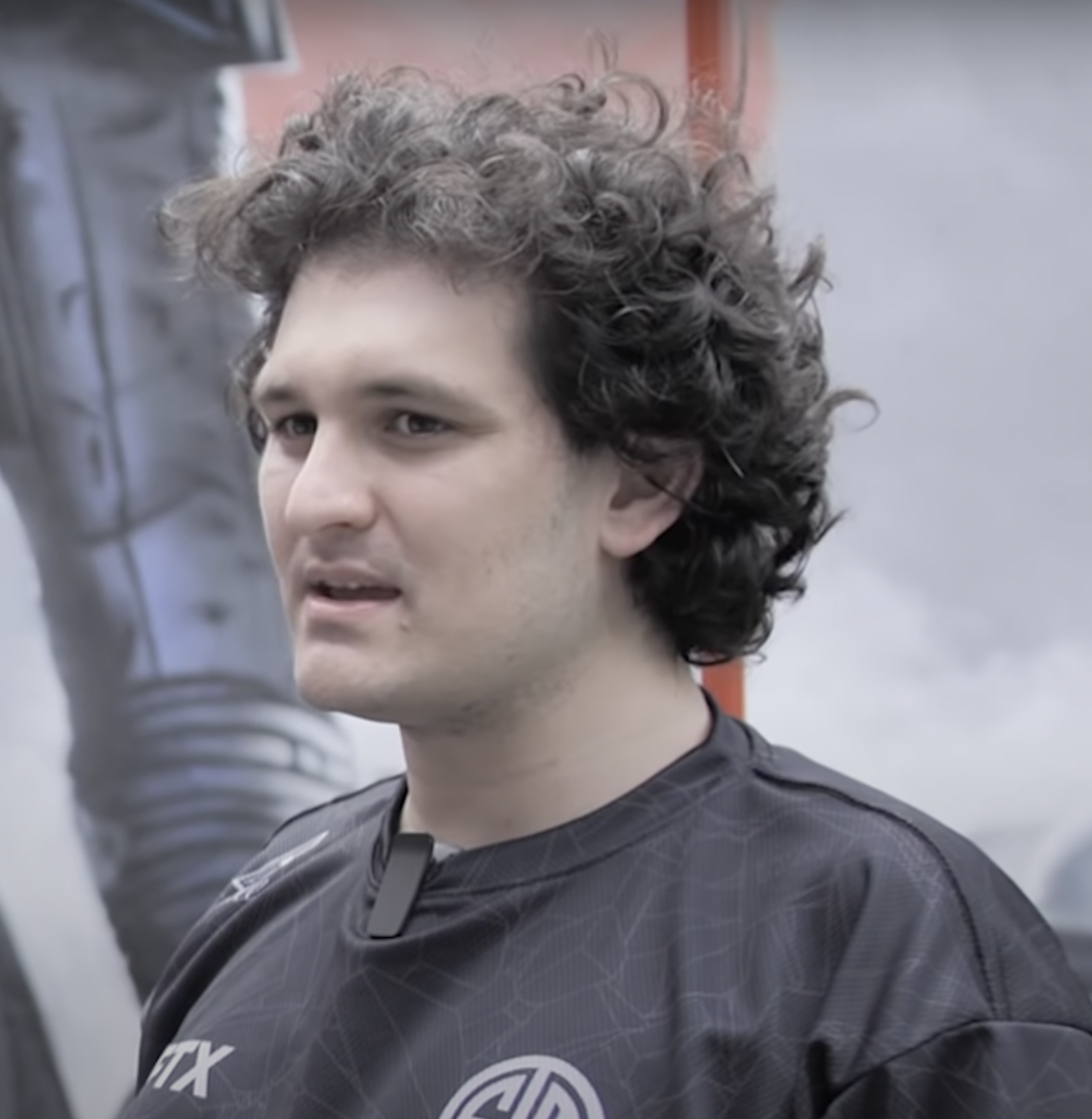Superman in a kebab frenzy

Netflix tells the story of Art+Com in "The Billion Dollar Code". The series paints a romantic picture of a time in upheaval. However, the journey through time is marred by a few unfortunate decisions made by the producers.
It is 1993, Berlin has just been reunited. The scenery is stuffy, it smells of canned beer, sweat and the urine-impregnated time of reunification. Nobody had heard of hygge here. Instead, there were underground parties, squats and a fundamentally optimistic spirit of optimism.
What didn't exist? The Internet, cell phones, social media, entrepreneurs and VCs. This is where art student Carsten Schlüter and hacker Juri Müller meet. Instead of a WHU seminar, they meet at a party where Schlüter acts as a kind of "first VJ". The shy Müller nerds him over the DJ's plate and gives him tips on how to make the animation more fluid. And with this encounter begins the story of the two founders, who together seem to unite what made Steve Jobs unique: aesthetic and technical perfectionism.
That should suffice as a setting, more would probably be a spoiler. Instead of talking about the plot, I would like to talk about the craft and the meta-level at this point: How do you actually direct a movie about something as boring as a pre-DotCom crash startup's patent dispute?
Netflix proves that it can definitely work: In just under five hours, you experience the emotions of the team that, against its will, becomes the "first German start-up". The euphoric highs of the early days, when, thanks to team dynamics and a new-found sense of togetherness, even the biggest hurdles seem surmountable. But also the cracks that appear when life suddenly gets in the way of the dream.
Feedback (kebab) sandwich
So what was good, what wasn't so good?
- The cinematic staging is great, the craftsmanship is superb - as with Dark , Netflix manages to keep the cringe level low. After all, we're talking about a German production here.
- The screenwriters manage to make a dull plot exciting. It's great that a story about the (supposedly) first German start-up, source code audits and a high lawyer quota manages to reach number 2 in the Netflix charts (damn you, Squid Game!).
- I found the contrast between the neo-punk-like Berlin tech scene and the hippie-influenced Silicon Valley exciting.
- Yes, kebabs are delicious - but why do the protagonists always have to have a kebab between their cheeks? Are the rather pale character traits supposed to be balanced out by kebab fussiness?
- And why use two such good-looking actors to portray two broken (or at least embittered) founders? Instead of elaborate lewdness, you get to see Tatort beau Mark Waschke. But maybe I'm just jealous that I didn't become an art professor with a six-pack.
- Then there's Mišel Matičević, who I really appreciate for his acting in "In the Face of Crime" and who I'm always happy to see again. But here? He clearly makes an effort to slip into the skin of an overambitious hacker, but he doesn't fit in any more than his name fits into an ASCII character set. The (too) perfect hairline and the arrogant winner's smile don't suit an ambitious dreamer whose childlike self-confidence was never formed and who is then robbed of his basic confidence in business life.
- It wasn't really clear to me whether the Superman anecdote and the habitus of the main protagonists were evidence of a narcissistic megalomania or were intended to serve the start-up kitsch ideas of TV producers. There would have been more room for character development here, so that the two main actors could have showcased their acting skills better.
- On the other hand, I totally take Bernhard Schütz's role as a Telekom functionary and VC against his will. As in "Eichwald MdB", he manages to embody the simple-mindedness, lack of vision and pomposity of the German bureaucratic republic.
- The tough lawyer Lea Hauswirth (played by Lavinia Wilson) develops into the real heroine of the series in episode 3 at the latest. Great written character, great cast. I couldn't find out if this person and her motives exist in reality (Google + LinkedIn was unsuccessful). I really hope so, because the world needs someone like that.
Hollywood Hills vs. Mountain View
Unfortunately, the protagonists are staged as the uber-innovators. It seems as if someone was worried that the actual invention wouldn't be enough.
I was irritated by the fact that Schlüter seems to have invented everything - from video jockeying to TVs in airplane seats. First website in Germany? By the Art+Com team, of course. And anyway, everything that the Internet can do today, the two apparently planned ahead within their TerraVision "app" - WeChat would pale in comparison.
But back then, "apps" were still called "world innovation", were presented at major trade fairs and only ran on special computers that cost millions. In my opinion, they could have left the church in the village and still portrayed the two founders as pioneers and great innovators.
And even if the Art+Com team really did have all these visionary ideas, then as now: "Ideas are easy. Execution is everything". They lacked maturity of character, experience, capital, (political) support and a network. At least two of these five disciplines are still very hard to find in the German start-up scene today.
Then as now
"We don't believe in the Internet" (Telekom, sic!), "Nobody earns money on the Internet" (Alman lawyer) or "Baking instructions for the computer ... I lack the imagination" (Alman patent lawyer) are wonderful authentic contemporary documents of the anti-innovation mentality that has made life difficult for founders since those first hours of German digitalization.
Nevertheless, "The Billion Dollar Code" shows that we screwed-up Germans also made several notches in the Internet revolution - be it Konrad Zuse (in the opening credits), the coups of the Chaos Computer Club or the visions of Art+Com: Silicon Valley did a few things better than "us" back then, but we have clever minds here too.
I bow to the real people behind Art+Com. The fictional characters Juri Müller and Carsten Schlüter are only symbolic of the entire team. Like a moon landing, you have to have been there to get an idea of the emotions and feelings that actually shape such lives. Another tragedy of the story is that Joachim Sauter, probably the model for "Carsten Schlüter", died in July of this year - so he was no longer able to experience the belated tribute to his life's work.
The series therefore leaves me feeling sentimental, but also optimistic. It feels like the charm of the interdisciplinary interplay between art, technology and science has given way to a flood of soulless business model canvases.
At the same time, a lot has happened since then and the professionalization of our start-up ecosystem is not only reflected in the rising number of unicorns, but also in the increasing number of US start-ups opening a branch in Germany.
The next disruptions will come and then we will have a more competitive starting position. And there are already glimmers of hope today: be it the conquest of airspace for private transportation (Volocopter) or bringing artificial intelligence into everyday life (Deepl & Celonis).
And thanks to Art+Com (and Netflix), we will then know why we shouldn't value our patents at less than ten million US dollars.

Newsletter
Startups, stories and stats from the German startup ecosystem straight to your inbox. Subscribe with 2 clicks. Noice.
LinkedIn ConnectFYI: English edition available
Hello my friend, have you been stranded on the German edition of Startbase? At least your browser tells us, that you do not speak German - so maybe you would like to switch to the English edition instead?
FYI: Deutsche Edition verfügbar
Hallo mein Freund, du befindest dich auf der Englischen Edition der Startbase und laut deinem Browser sprichst du eigentlich auch Deutsch. Magst du die Sprache wechseln?










